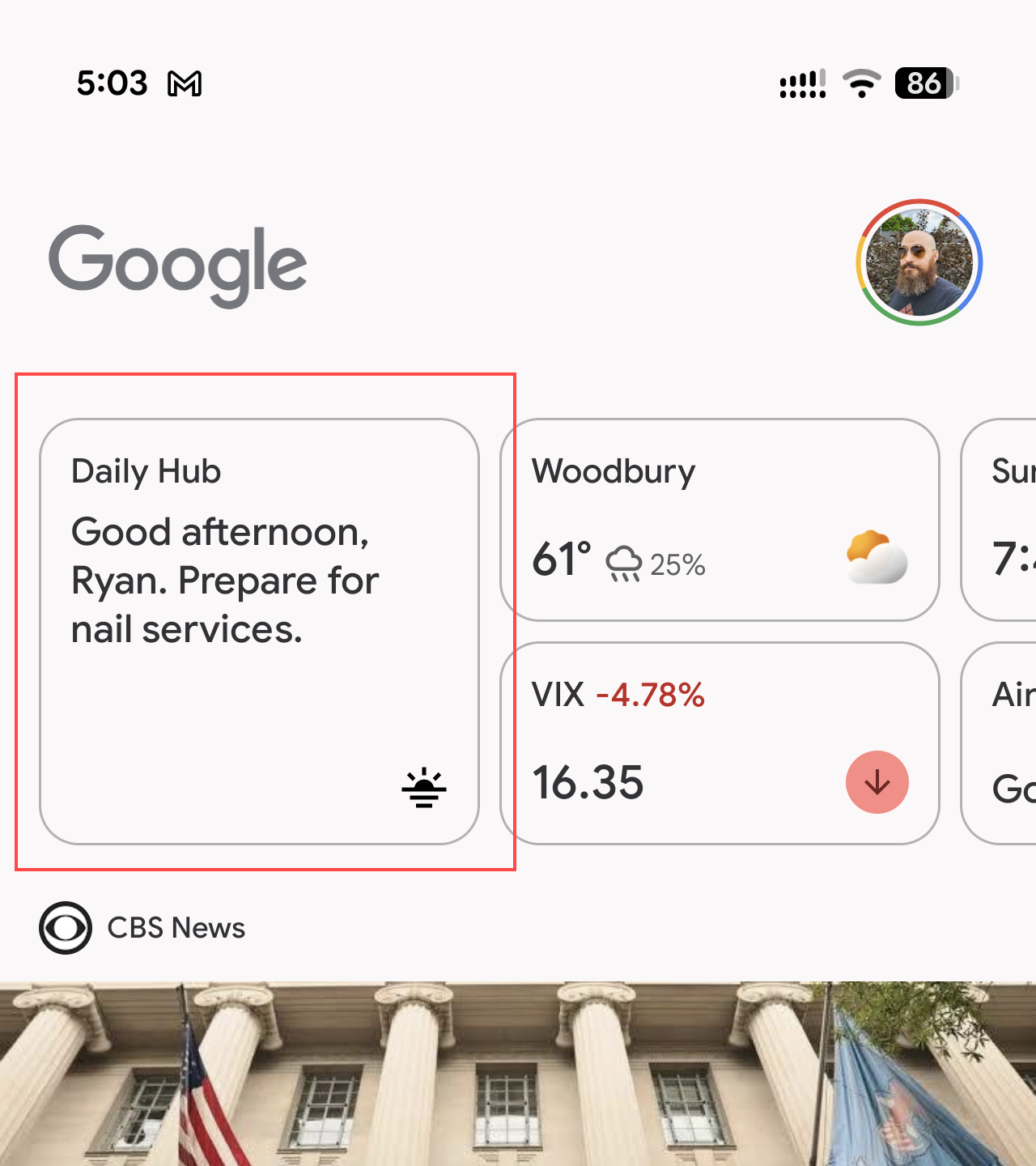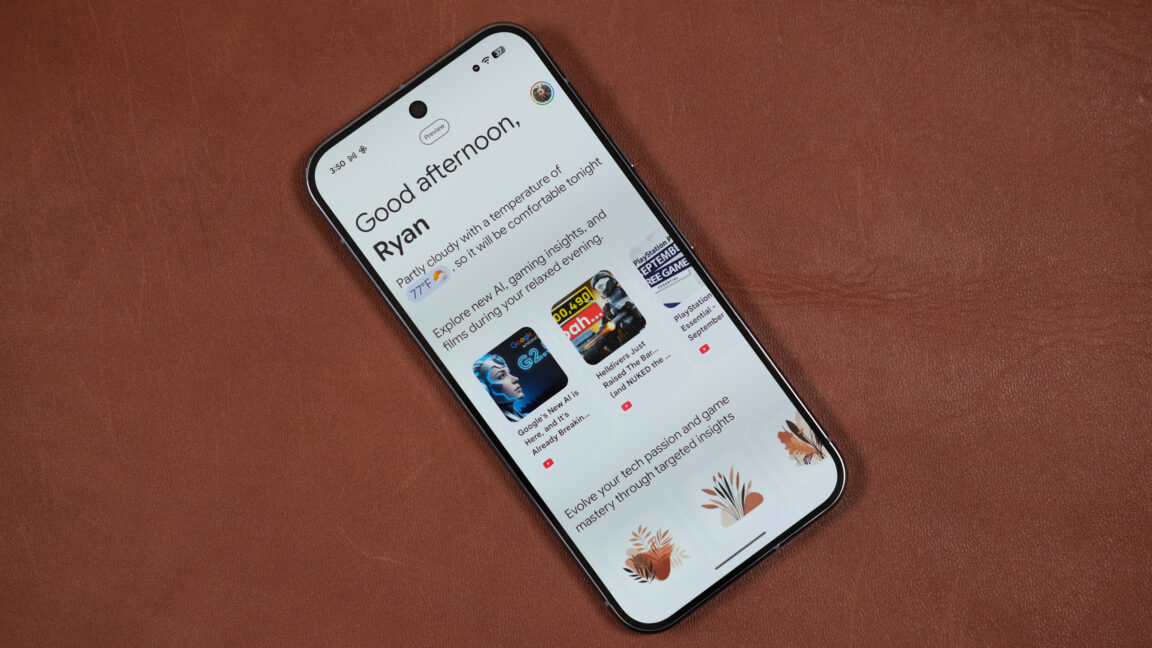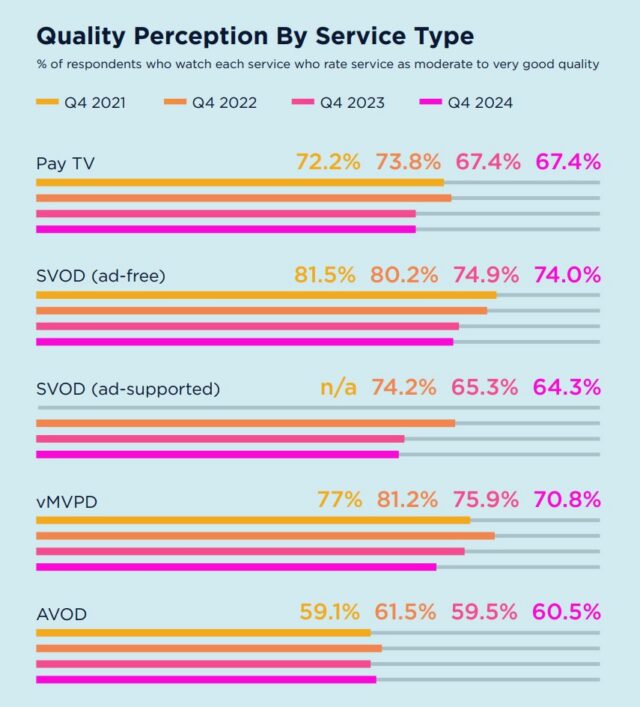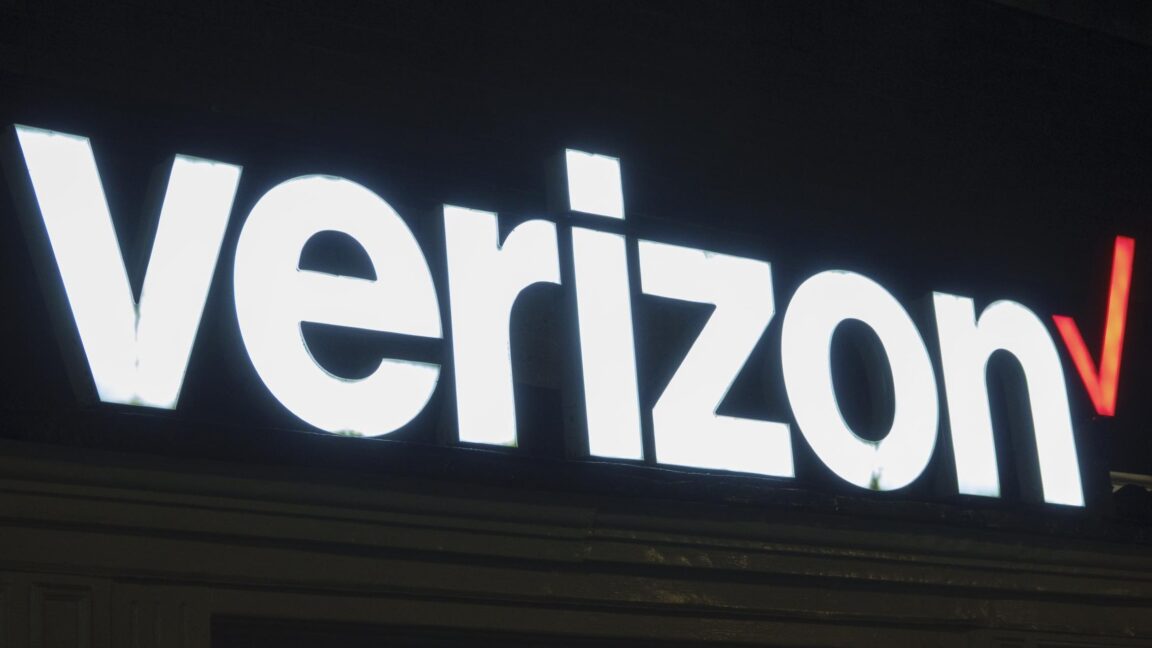I marked my 8-year anniversary this week of Techtonic, my radio show and podcast at WFMU. The episode, called “Milestones for Big Tech... and Techtonic” (see episode page / downloadable podcast), began with a brief acknowledgement of the anniversary. And that was the end of the good news, as I then proceeded to relate what has been happening in tech.
The headline, if I had to summarize the major developments of the past two weeks, is that the Big Tech CEOs have reached a new stage where they can act with impunity, breaking antitrust laws and cozying up to authoritarians, all without facing any consequences. We’ve reached a moment, not seen since the Gilded Age a century ago – and perhaps never before, at this scale – in which a tiny group of ultra-powerful people no longer face any guardrails. And they know it. Let’s name it: oligarchs achieving escape velocity.
In rocketry, escape velocity is the speed that allows an object to escape Earth’s gravity. Once you hit 25,020 miles an hour (40,270 km/h), you’re free to head wherever you like in the solar system. In the same way, the Big Tech companies are slipping the surly bonds of regulation, democracy, and ethics altogether.
See, for example, Google’s stunning victory in the giant antitrust lawsuit brought by the Department of Justice for the company’s long track record of anticompetitive behavior. After having been determined a monopoly, and after having been shown to act illegally in the preservation of that monopoly, on September 2 Google was finally assigned a remedy – of almost nothing.
As Matt Stoller put it, “this decision isn’t just bad, it’s virtually a statement that crime pays.” Brian Merchant called it a “disaster.”
Cory Doctorow explained:
Let’s start with what’s not in this remedy. Google will not be forced to sell off any of its divisions – not Chrome, not Android. Despite the fact that the judge found that Google’s vertical integration with the world’s dominant mobile operating system and browser were a key factor in its monopolization, Mehta decided to leave the Google octopus with all its limbs intact.
Google won’t be forced to offer users a “choice screen” when they set up their Android accounts, to give browsers other than Chrome a fair shake.
Nor will Google be prevented from bribing competitors to stay out of the search market.
This means Google can continue its bribery of Apple: it’s been paying Apple around $20 billion per year to make Google the default search engine on Apple devices, thereby subjecting Apple users to Google’s surveillance, while squeezing out alternative search engines, and – just as importantly – keeping Apple from developing a search of its own.
Now Google has carte blanche not only to keep up its monopolistic behavior, but find more ways to exploit everyone else.
Escape velocity.
Yet even the antitrust news wasn’t the most disturbing sign of Silicon Valley dominance in the past week. On Sep 4, 2025, Big Tech CEOs descended upon the White House to join the current occupant for an oligarchs’ dinner party. This included Bill Gates (Microsoft founder), Tim Cook (Apple CEO), Safra Katz (Oracle CEO), Sam Altman (OpenAI CEO), Sergey Brin (Google founder), Sundar Pichai (Google CEO), and Mark Zuckerberg (Facebook/Meta CEO). On Techtonic I played this clip of those billionaires’ remarks, profusely thanking the current occupant for his “leadership.” (Pointedly, Sergey Brin thanked him for “supporting our companies instead of fighting them” – a veiled reference to the antitrust decision from a few days before – as though exposing his company’s flagrant behavior counts as “fighting” Google.)
Sergey is right about one thing, which is that there is a fight to be had. As I said on the show, the challenge ahead of us isn’t primarily about left versus right but about Big Tech versus the rest of us. About authoritarianism vs. democracy. About a tech industry that serves a handful of billionaires vs. technology that creates widespread good in society. The dinner table on Thursday night was full of people who have chosen their side.
Two days later, the We Are All DC protest filled the streets of Washington, DC with thousands of protesters, chanting “free DC,” in response to the current occupant’s militarization of the city. This is the same occupant who has ordered kidnappings in broad daylight, with masked men forcing civilians into unmarked vehicles. As I wrote in AI is creating a frictionless surveillance state, this is done with the help of Big Tech tools – and now, we can see, it’s with the full and enthusiastic support of the CEOs. They’ve chosen their side.
The truth is that technology can make things better. And tech companies can be stewards of these tools, helping citizens and communities flourish, while – yes – building profitable businesses. It’s just exceedingly hard to achieve those goals in an environment dominated by growth-at-any-cost Big Tech companies enjoying the absence of any meaningful regulation.
Jonathan Kanter, assistant attorney general for the antitrust division at the Department of Justice from 2021 to 2024, put it well in a September 7 essay in the NYT (here’s a gift link) called “Why Google Got Off Easy”:
My disappointment is not just that Google was not properly held accountable, for the stakes extend beyond this particular case. If companies can flout the rules, reap trillions of dollars and face only modest constraints, the deterrent effect evaporates. The message to other companies is plain: It pays to break the law.
At a time when authoritarian power is on the rise, we must not forget that plutocracy is also its own kind of dictatorship. That is the danger when we fail to enforce antitrust laws with clarity and conviction — that enormous concentrations of wealth will have too much influence over our lives.
One way to choose your side is to find a community that aligns with your values, and join up. If you agree with what I’ve said above, you might consider my own Creative Good community. You can join here. You’ll get access to our members-only Forum, and all of the Big Tech alternatives listed at Good Reports. And you’ll support my writing here, as I try to tell the truth about what tech is doing to all of us.
Until next time, keep choosing the good –
-mark
Mark Hurst, founder, Creative Good
Email: mark@creativegood.com
Podcast/radio show: techtonic.fm
Follow me on Bluesky or Mastodon

 Daily Hub wasn't smart enough to understand the "nail services" were on my wife's shared calendar.
Credit:
Ryan Whitwam
Daily Hub wasn't smart enough to understand the "nail services" were on my wife's shared calendar.
Credit:
Ryan Whitwam


 From TiVO's Q4 2024 Video Trends report.
Credit:
TiVo
From TiVO's Q4 2024 Video Trends report.
Credit:
TiVo


